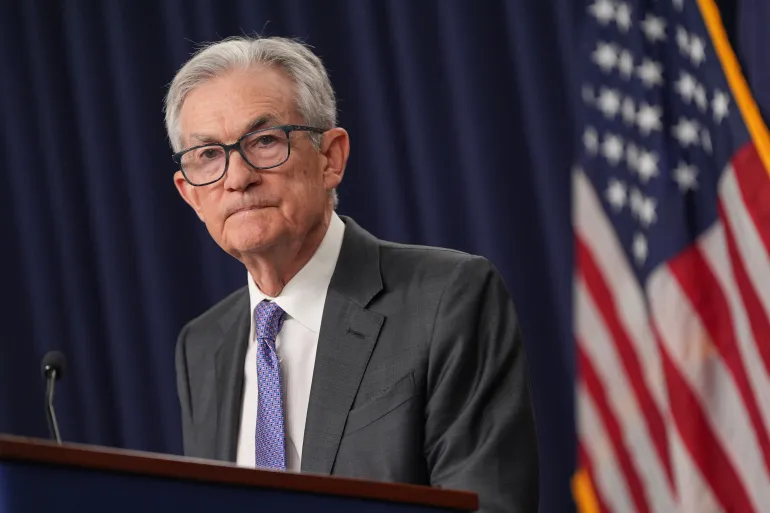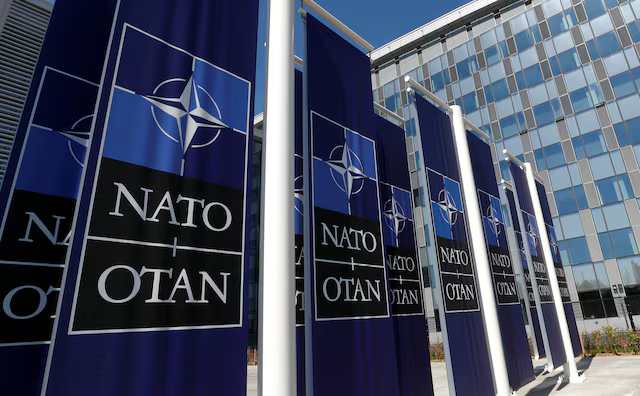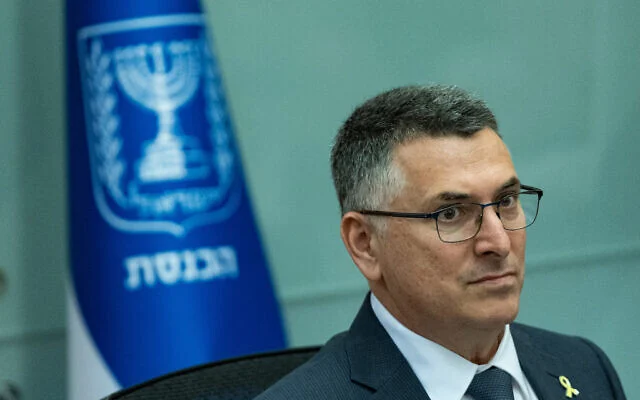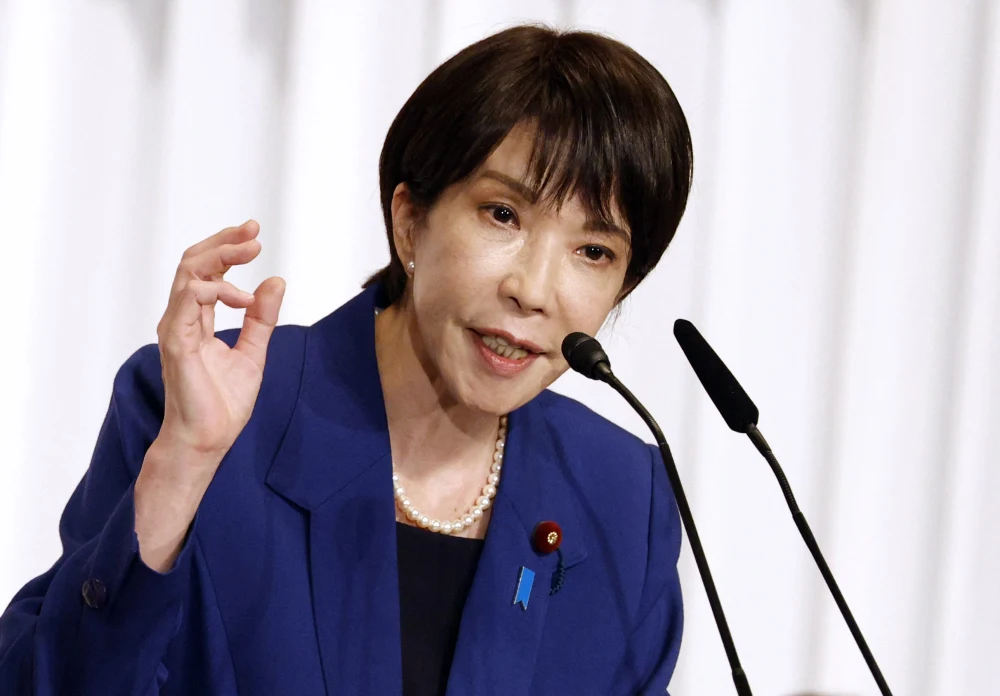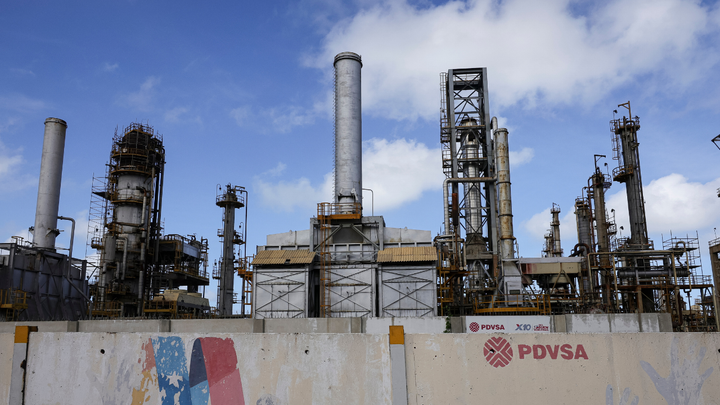The Murder of Rabbi Zvi Kogan and Regional Implications
-

 The Atlas Archive is our digital library of past reporting and consulting deliverables. It preserves legacy content, supports research, and powers the AI models that enhance how we analyze and deliver intelligence today.
The Atlas Archive is our digital library of past reporting and consulting deliverables. It preserves legacy content, supports research, and powers the AI models that enhance how we analyze and deliver intelligence today. - •
- •
- 2 min read

Read Next
Subscribe to Atlas
Receive weekly strategic insights and actionable intelligence empowering professionals and decision-makers around the world.


